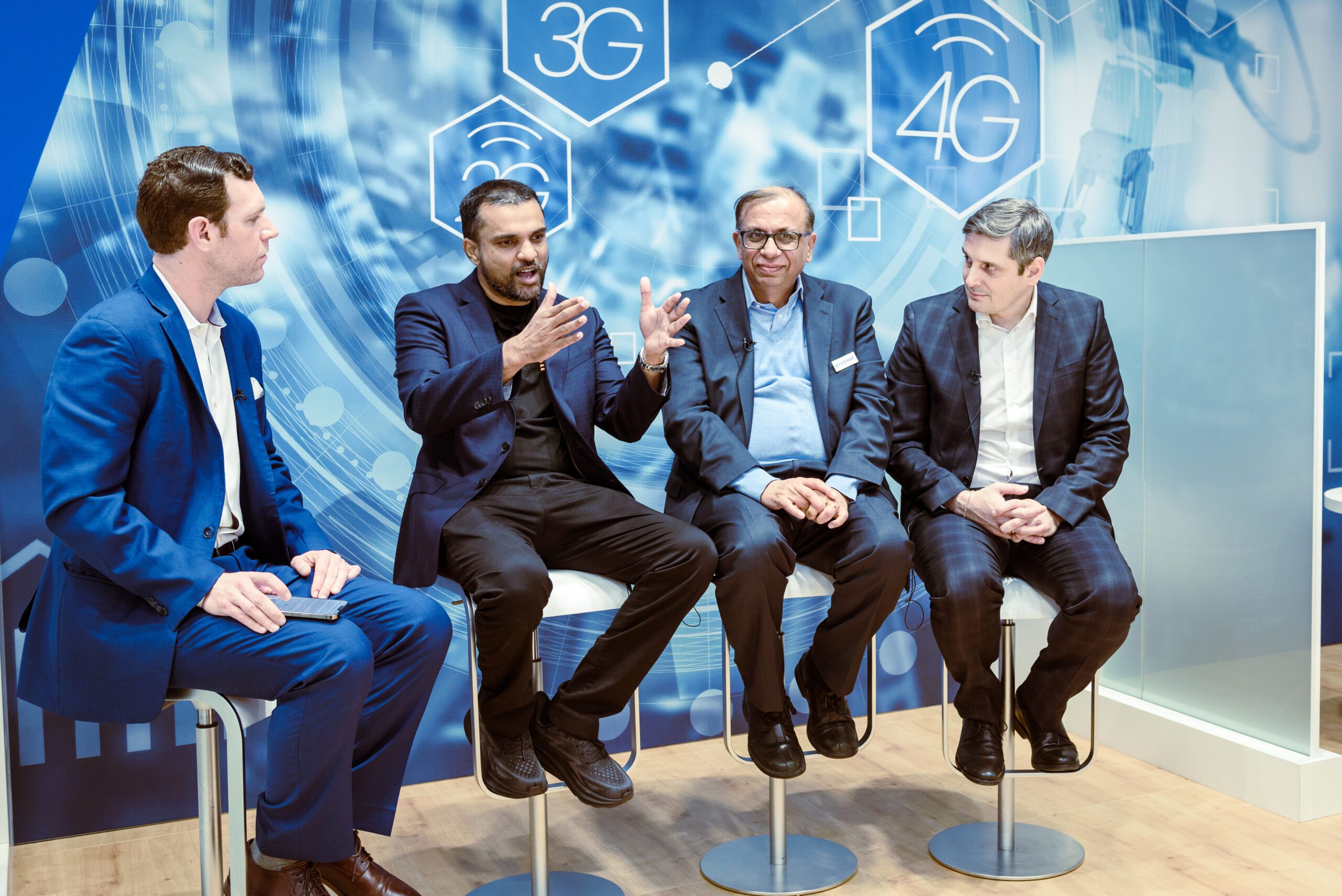Mavenir has supported the cloud-native network deployments 1&1 and ENet—operators CEOs talk through innovation at the speed of cloud, and the role of strong vendor partnerships
At a panel during Mobile World Congress Barcelona, Mavenir CEO Pardeep Kohli explained that in order for service providers to implement and deploy the new services made possible by 5G, they must be “innovative enough to do it.” Fellow panelists and Mavenir customers, ENet CEO Vishok Persaud and 1&1 CEO Michael Martin discussed how the key to unlocking this innovation is adopting a software-driven and cloud-based approach to networking.
1&1 and ENet are both important customers for Mavenir despite facing very different market dynamics. The former, for instance, is a national carrier with 12 million customers across Germany, while the latter is a local provider in Guyana going up against two international competitors. However, when looking to ramp up innovation in the 5G era, both recognized the need for network scalability and operational agility. Due to its MVNO roots, 1&1 did not have any of its own infrastructure, and as such, Martin explained, the operator can actually be thought of as a greenfield player from a network operator perspective. For its part, ENet needs a competitive edge that allows it to scale as it grows.
ENet utilizes Mavenir’s microservice-based architecture for fully automated cloud environments, and according to Persaud, the partnership enabled the operator to segment its growth ambitions into phases so that it can steadily and sustainably increase compute power, add containers and offer more services to more customers. “The way the software is done now, the solutions in the cloud, Open RAN… you can create a green field that is immediately competitive because the cost of entry is less and the technology is cutting edge… And as we scale, the [Mavenir] product grows with us… Sometimes you’ve got to build it to sell it… we’ve put that platform in place and now we are also going to look to see how do we monetize and how do we generate revenue from what we’ve built outside of the traditional scope of products that may have been commoditized now.”
And Martin shared that over at 1&1, which has deployed Mavenir’s cloud-native core network, the companies “only talk software” when discussing network deployment plans. Hardware? It almost never comes up, he said. “It’s a long overdue step for the telecom industry to finally disaggregate software from hardware,” he continued.
The German operator’s network architecture consists of many disaggregated data centers, which allows it to provide real-time edge services directly at the antenna. “Disaggregation of software and hardware is absolutely needed because otherwise we could never ask a third-party to deploy their applications there,” explained Martin. He added that while not every operator will have the “luxury” of building from the ground up with disaggregation in mind like 1&1, he urged others to trust in disaggregation and to trust in Open RAN because it will pay off in the long-term.
Notably, an Open RAN ecosystem, by definition, is one of partnerships as different stakeholders can provide compatible hardware and software. As such, who an operator chooses to work with, as well as the parameters of these relationships, is paramount. Both Persaud and Martin described the relationship their respective companies have with Mavenir as being particularly close. For example, Mavenir not only provides ENet with several products and network management services, but also assisted in network design, which Persaud said has led to a “continuously evolving platform and product.”
“You need a prime contractor who is managing everything… you need to have direct relationships and especially with those who can give you a benefit in your business, who can bring you ahead of competition with new ideas or with new abilities,” Martin added.
“At the end of the day, if connectivity is the only value an operator brings, it’ll be raised to zero, right?” stated Kohli. “It has to be broader than that and it has to be more something where you add more capabilities in the network and provide better services or better applications to businesses and consumers.” And as operators look to do this, 1&1 and ENet have both found that aligning with open and flexible cloud-native solutions, as well as leveraging the important industry partnerships that come along with this, paves the way for the innovation and ability to scale necessary to differentiate in a changing telecommunications market.

